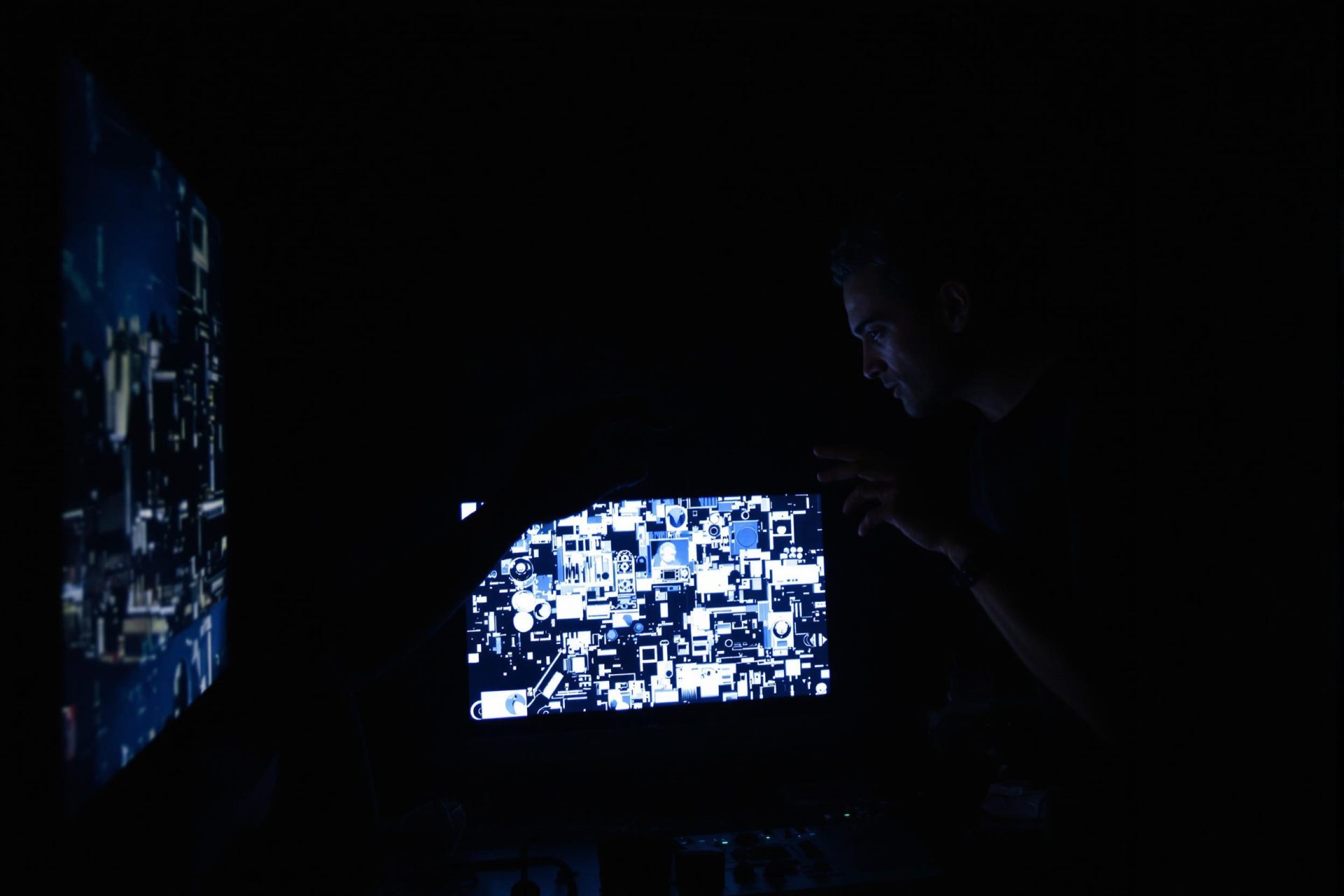Key Takeaways
- Natasha Lyonne and Brit Marling are starring in and co-writing a new film, “Uncanny Valley,” with Lyonne also directing.
- The movie explores immersive video games and will extensively use Artificial Intelligence in its creation.
- Tech innovator and thinker Jaron Lanier is collaborating on the project.
- The film is backed by Asteria, an AI-focused studio co-founded by Lyonne, using a copyright-cleared AI model.
- It aims to blend traditional filmmaking with AI to create a novel cinematic experience.
- The story centers on a teenager navigating a popular augmented reality game.
Get ready for a unique movie experience where technology meets storytelling in a fresh way. Natasha Lyonne and Brit Marling are teaming up with tech visionary Jaron Lanier for a new film called “Uncanny Valley,” according to The Hollywood Reporter.
Lyonne will direct the feature, based on a script she wrote with Marling. Both actresses will also star in the film, which is set in a parallel present and follows a teenage girl deeply involved in a massively popular augmented reality video game.
What makes “Uncanny Valley” stand out is its heavy integration of artificial intelligence. The project comes from Asteria, a new AI-based studio co-founded by Lyonne and filmmaker Bryn Mooser.
The movie will combine traditional live-action scenes with game elements crafted by Lanier, Lyonne, and Marling. The AI components will be generated using a model called “Marey” from Asteria’s partner, Moonvalley, which notably uses only copyright-cleared data.
Asteria promises the film will weave together classic storytelling methods and advanced AI tech for a “radical new cinematic experience.” It marks a significant step in using AI not just for post-production tricks, but as part of the core narrative, involving well-known creative talent.
This is Lyonne’s feature film directorial debut, building on her experimental storytelling seen in “Russian Doll.” Marling also continues exploring themes similar to her work on “The OA.”
Producer Bryn Mooser believes having artists, not just programmers, lead the tech integration is key. “When artists lead the tech instead of the other way round, trailblazing and unexpected advancements are possible,” he stated.
Lyonne described the creative process with Marling poetically, suggesting a blend of sharp dialogue and a journey through a digital world, ultimately focused on a detailed blueprint.
Jaron Lanier, known for his pioneering work in virtual reality and thoughtful critiques of Big Tech, brings a unique perspective. He co-founded a key VR startup in the 80s and has long advocated for human-centered technology, even advising on films like “Minority Report.”
While Lanier has expressed concerns about how AI might differ from VR in affecting human experience, he sees this project as fundamentally human. He told the original source, “There is a story here about technology, but it is really about people, and the unpredictable thread of connection that joins us across generations, technologies and divergent weirdness.”



